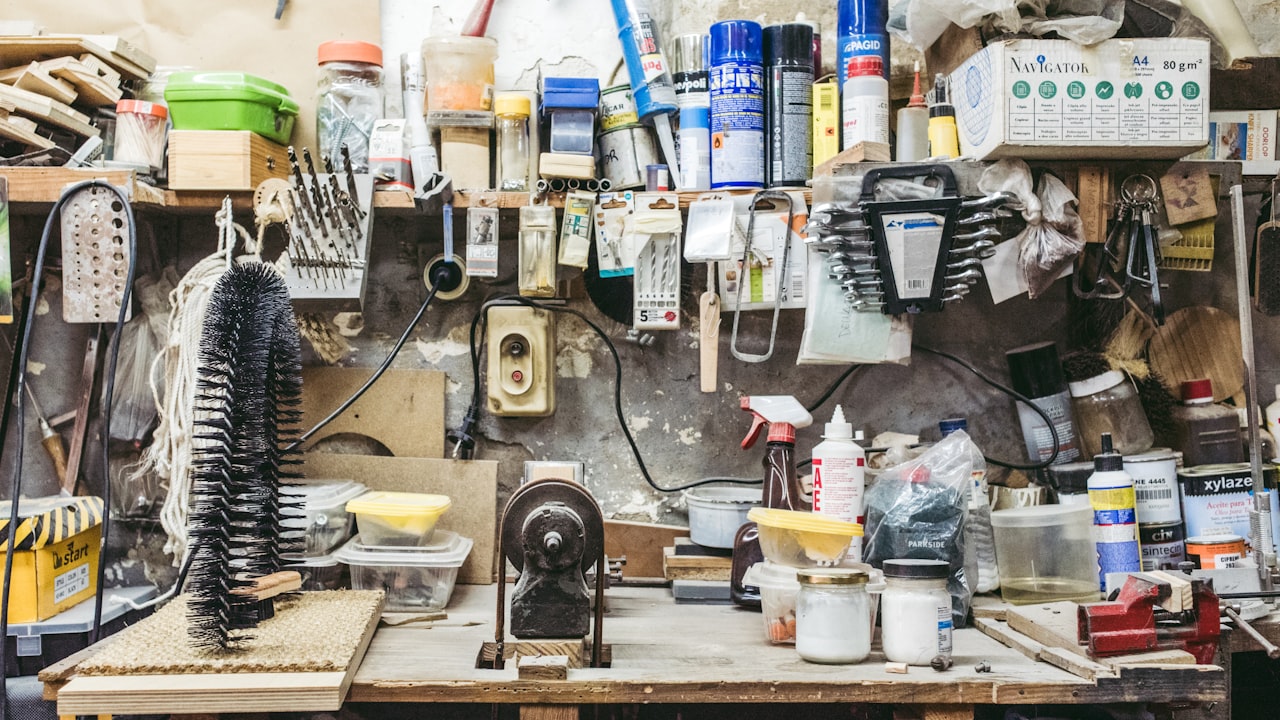Title: “The Evolution of Pharmaceutical Machinery: Innovations and Impact on Drug Manufacturing”
Pharmaceutical machinery has undergone significant evolution over the years, with advancements in technology enhancing the efficiency and quality of drug manufacturing processes. Among the key players in this evolution are the table press machine and capsule filling machine, which have revolutionized the way medications are produced.
The table press machine, also known as the tablet press or pill press, plays a crucial role in the pharmaceutical industry by compressing powder into tablets or pills of precise dimensions. This machine utilizes mechanical or hydraulic pressure to compact the powder mixture, ensuring uniformity in dosage and quality. The introduction of modern table press machines with advanced features such as interchangeable tooling, automated controls, and real-time monitoring capabilities has significantly improved production efficiency and product quality.
In parallel, the capsule filling machine has also played a pivotal role in modern drug manufacturing. These machines are used to fill empty capsule shells with the desired medication or powder mixture. One of the key advancements in capsule filling technology is the development of automatic capsule fillers, which can fill hundreds of capsules per minute with high precision and accuracy. This increased speed and accuracy not only enhance production efficiency but also reduce the risk of cross-contamination and human error.
Two popular types of table press machines are the TDP (Tablet Press) and THDP (High-Speed Tablet Press). The TDP machines are widely used for small to medium scale production, offering flexibility in tooling options and production output. On the other hand, THDP machines are designed for high-speed production lines, with features such as rotary turret systems that can produce thousands of tablets per hour. Both types of machines have contributed to the automation and optimization of tablet production processes in the pharmaceutical industry.
Overall, the evolution of pharmaceutical machinery, particularly the advancements in table press and capsule filling technologies, has had a profound impact on drug manufacturing. These innovations have not only improved production efficiency and product quality but have also enhanced the overall safety and efficacy of medications. As technology continues to advance, the pharmaceutical industry can expect further innovations in machinery that will streamline production processes and drive continued progress in the field of healthcare.

 Title: The Evolution of Pharmaceutical Machinery: Advancements and Innovations
Title: The Evolution of Pharmaceutical Machinery: Advancements and Innovations



